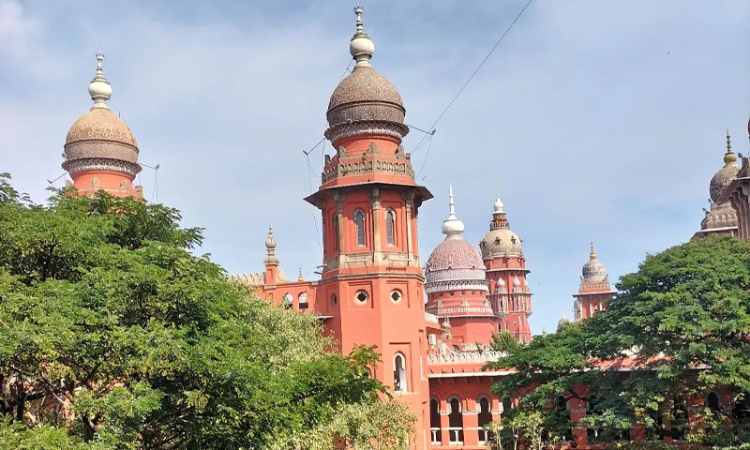'A Democratic Republic, Not A Police State': Madras HC Holds Police Not Empowered To Regulate Timings Of Eateries
Sebin James
22 Feb 2022 5:15 PM IST

Next Story
22 Feb 2022 5:15 PM IST
Madras High Court has held that police cannot decide the working hours of eateries and restaurants under the guise of law and order problems. The court also observed that it is the bounden duty of police authorities to provide appropriate protection to the eatery shops/hotels/restaurants.Justice Krishnan Ramasamy pointed out that the police does not have the authority to shut down eatery...
